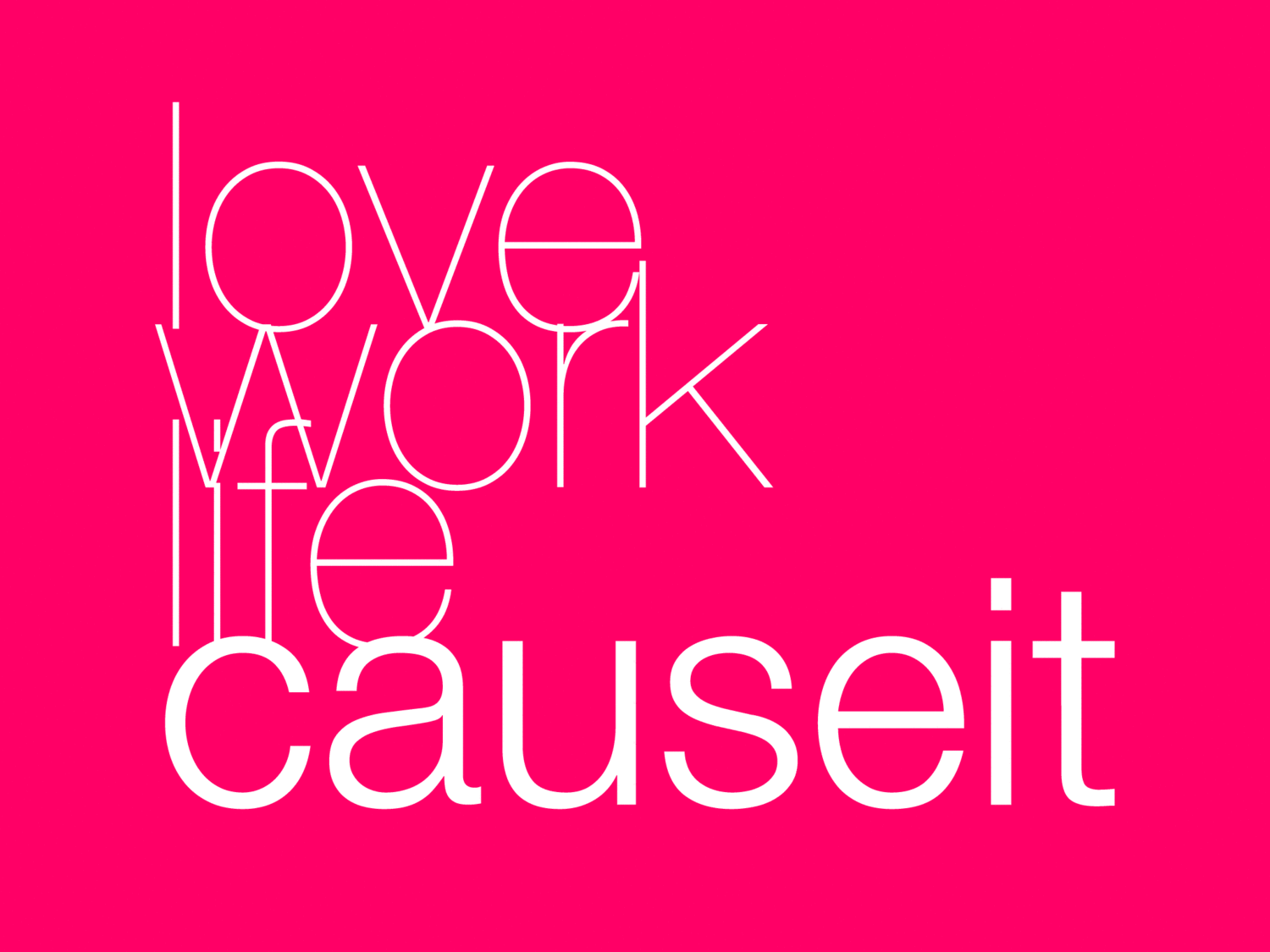Where traditional business strategy focused on creating a solid product, new business strategy is increasingly focusing on creation of platforms—especially an exponentially-valuable form of platform called a multi-sided platform—an extension of the concept of a two-sided market.
The multi-sided platform is perhaps best modeled by Apple’s expansion of their shiny, well-designed iPhone (and iPad) to the entire platform which supports it (iTunes, iCloud, the iTunes Music Store) and then, the broader App Store, CarPlay, Apple Pay and developer/accessory ecosystems—among many others—which make the iPhone and iPad what they are today.
“Transactions used to be restricted by their dependence on proprietary technical infrastructure. Now, aggregation and APIs have made regulation the biggest barrier to platforms.”
Fidor Bank is an online-first banking institution founded in Germany which shows how a multi-sided platform can enable full-spectrum innovation in the financial services industry. Fidor takes advantage of the cultural trend of increasing trust in social media services, utilizing social media data (with user’s explicit consent) to manage identity and risk. Because they decided to focus on web-only accounts, Fidor is able to deliver a superior online product in comparison to other companies for whom online banking is seen as an expansion of primary services—an alternative to visiting a branch or ATM—and not a major area of investment or innovation.
How Fidor Wins
Fidor Bank is an online-only banking institution founded in Germany which shows how a multi-sided platform can enable full-spectrum innovation in the financial services industry.
Fidor’s specialization in online banking creates a new market and brand experience opportunity for Fidor—as a rebel bank which defies tradition and caters to the growing number of customers who need full-featured online and mobile tools for doing everyday business. Fidor is clear about their business model: use APIs and partnerships to maximize their capabilities and allow them to focus on listening to and serving customers. This has not only enabled Fidor to succeed with a relatively small investment in infrastructure, but has generated a lot of gravity around their brand. Driven by their reputation for innovation and customer-centricity, the Fidor community includes over 250,000 registered members who share advice, feedback and ideas in a forum on their website—that’s five times the number of account holders—showing impressive social momentum for a new company with a tiny marketing budget.
“You must be open to not only in-house innovations—you should be open to the outside world, tactical infrastructure, API infrastructure, whatever way you can do it today within the modern technical environment.”
Regulation has to adapt with the changing business models of digital firms. For example, the “know your customer” requirement (or KYC) in the United States is a vitally important set of policies—and penalties—designed to ensure that banks are not unwittingly permitting money laundering or other criminal activities within their walls. But KYC requires the same level of scrutiny for an account with a balance of $20 as it does for one with $20,000, making it difficult and costly to serve accounts with low deposit amounts, where the burden of deeply verifying a customer’s identity with traditional tools ends up driving the cost of an account far beyond profitable levels. Banks in developing countries are working to find creative solutions to KYC requirements, but such a burden does not support creation of financial services for the underbanked or unbanked members of society, who could greatly benefit from platforms which enable them to make reliable school payments, access basic credit services and more. The regulatory environment needs to become more dynamic and adaptive to leave room for innovation, which necessitates proactively and responsibly including, learning from and educating regulators in larger innovation ecosystems.


